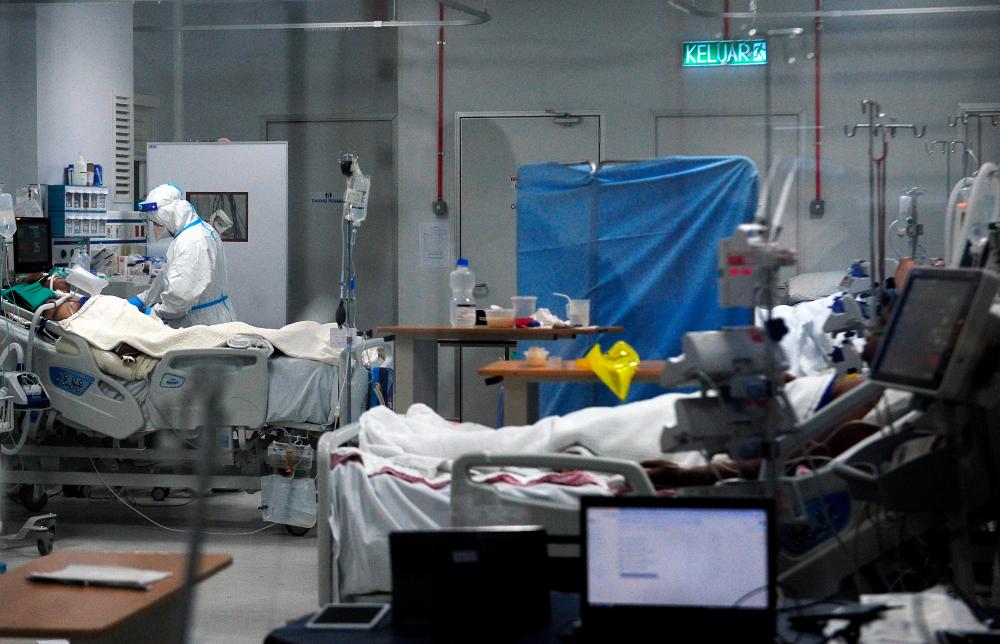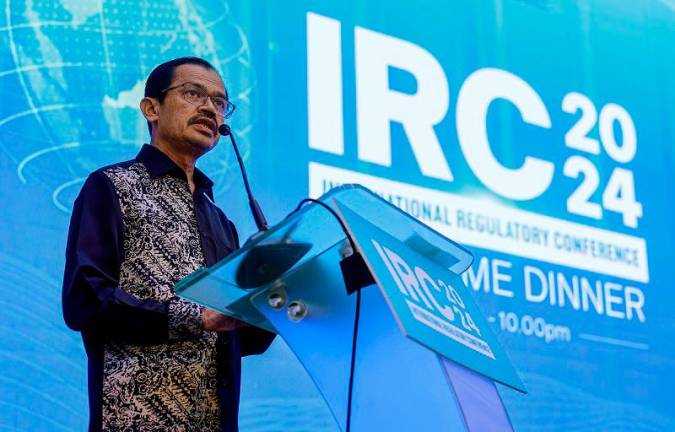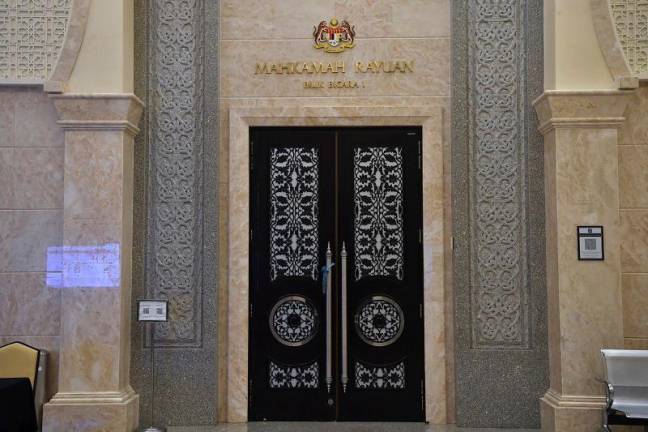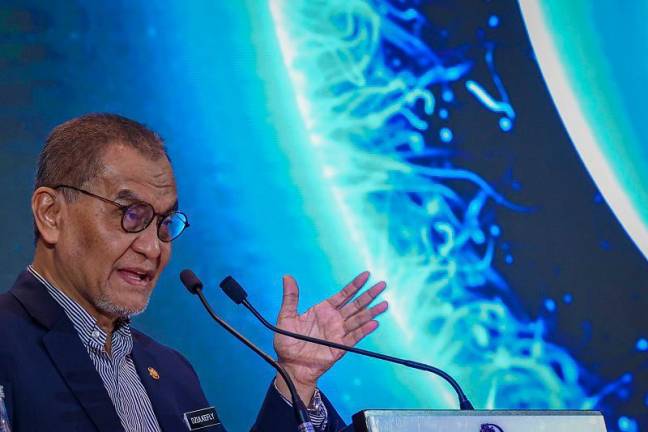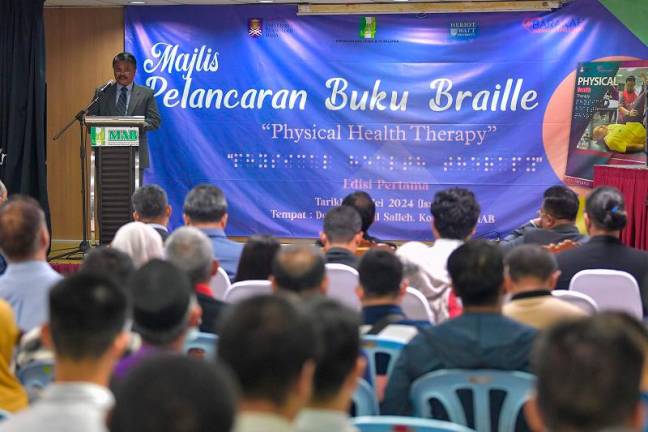PETALING JAYA: A nurse recounts with regret the day she had to tell an expectant mother that there was no place at the hospital for her to deliver her baby.
“She was about to go into labour and she had already been turned away by two other government hospitals,” the nurse told theSun.
“In the end, I heard, she ended up giving birth in the car,” she said.
“She was later sent to a private hospital for follow-ups.”
This is just one case that illustrates the dire situation the healthcare system has sunk to.
It has reached a point where government healthcare workers are beginning to speak up out of frustration, ignoring a standing order that bars them from talking to the press.
Malaysia was once hailed as a model in addressing the Covid-19 pandemic that has gripped the world for 18 months now. Today, the country is likened to India where the situation is equally disastrous.
Even Health Director-General Tan Sri Dr Noor Hisham Abdullah has sounded the alarm. He said last week that hospitals in Kuala Lumpur, Selangor, Negri Sembilan and Labuan have exceeded their maximum capacity for Covid-19 patients.
The nurse said she has been so deeply disturbed by the ordeal that she is losing hope for the country.
She and a doctor who also works in a government hospital said the healthcare system has been stretched to an unprecedented level.
The doctor said just like in India, patients are being treated on the floor because there are not enough beds and other facilities.
“But worse than that is having to reject non-Covid patients even if they are also at risk of dying,” he added.
To compound the matter, healthcare workers themselves are becoming patients.
According to several media reports, more than 40 healthcare staff, including doctors, nurses and even cleaners at the Sultan Abdul Halim Hospital in Sungai Petani, Kedah, have been infected. And that is just one hospital.
The doctor said a shortage of manpower has been worsened by the unnecessary transfer of resources to areas where the infection rate eventually turned out to be low.
“Reports of doctors having to make life and death decisions are all true. With resources so short, we now have to decide who to save and who to deny items such as oxygen,” he said.
Noor Hisham cautioned last week that if the situation persists, the country’s healthcare system could be paralysed.
To address the problem, Health Minister Datuk Seri Dr Adham Baba announced last Thursday that 60 more beds will be sent to the intensive care unit at the Tengku Ampuan Rahimah Hospital in Klang. A total of RM1.1 million has been allocated for the initiative, that also includes the supply of additional equipment.
Apart from that, more field hospitals and low-risk treatment centres will be set up while oxygen supply for healthcare centres will be boosted.
Adham said the government is also joining hands with private hospitals and employers to set up more low-risk quarantine and assessment centres.
Malaysian Medical Association (MMA) president Datuk Dr M. Subramaniam described the situation as “catastrophic” and “close to collapse”.
“Hospitals, especially in the Klang Valley, are already overwhelmed with patients due to the rapid outbreak,” he said.
Subramaniam described the comparison with India as “meaningless”, given that both countries have such different systems. Nonetheless, he noted Malaysia has yet to learn from its mistakes more than a year into the pandemic.
“The total lockdown of two to three weeks in the past, with only essential services allowed to operate, had proven fruitful. But allowing some industries to resume operations now shows that we have not learned from our experience.
“The situation will get worse as healthcare staff are overworked and there is a shortage of professional medical personnel.”
Subramaniam said MMA is negotiating for a budget and to get the government to give permanent positions to contract medical officers.
“Otherwise, the least the government can do is to offer them a longer contract,” he added.




